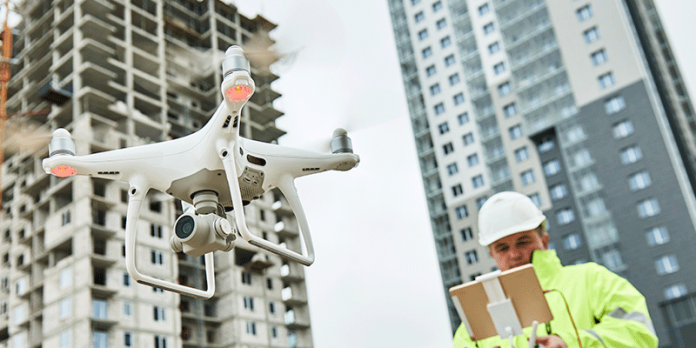At present, the building inspections industry is experiencing a technological revolution, and advancements in technology have greatly transformed the industry. These changes have not only made it easier to carry out inspections but have also improved the accuracy and quality of inspections. In this article, we will be exploring the future of building inspections, taking into consideration the latest technological advances and industry trends.
Contents
Smart Buildings and Internet of Things (IoT)
Smart buildings and IoT are making a significant impact on the building inspections industry. The implementation of IoT devices has enabled building owners and facility managers to monitor the performance of various building systems in real-time. These devices can detect any potential faults or errors in the system, providing timely notifications to the relevant personnel.
IoT devices are also capable of collecting data on energy usage, occupancy levels, and environmental conditions. This information can be used to optimize building performance, reduce energy consumption, and improve overall efficiency. In the future, we can expect to see more buildings designed with IoT technology in mind, leading to a more efficient and sustainable built environment.

Artificial Intelligence (AI)
AI is also playing a significant role in the building inspections industry. With the help of machine learning algorithms, AI systems can analyze large amounts of data, identify patterns, and detect potential issues that may require attention. For example, AI-powered inspection systems can be used to identify cracks, leaks, and other issues that may be difficult to detect with the naked eye.
In addition to inspections, AI can also be used to develop predictive maintenance schedules. By analyzing data collected from IoT devices, AI systems can predict when equipment is likely to fail and schedule maintenance accordingly. This approach can reduce downtime, prevent catastrophic failures, and extend the lifespan of equipment.
Drones and Robotics
Drones and robotics are another technological advancement that is transforming the building inspections industry. Drones equipped with cameras and sensors can be used to inspect hard-to-reach areas, such as rooftops and tall buildings. This approach can improve safety, reduce inspection times, and provide high-resolution imagery for analysis.
Robots are also being used to carry out inspections in hazardous environments, such as chemical plants and oil refineries. These robots can be remotely operated and equipped with various sensors to detect potential hazards, such as gas leaks and fires.
Virtual Reality (VR)
Virtual Reality (VR) is also being used to improve the quality and accuracy of building inspections. VR technology can be used to create 3D models of buildings, enabling inspectors to view and analyze the building in detail. This approach can also be used to identify potential issues, such as structural weaknesses and faulty wiring.
In addition to inspections, VR can also be used to simulate various scenarios, such as emergency evacuations, enabling building owners and facility managers to develop effective emergency plans.
Industry Trends
In addition to technological advances, there are also various industry trends that are shaping the future of building inspections. One of the most significant trends is the focus on sustainability and energy efficiency. Building owners and facility managers are increasingly looking for ways to reduce energy consumption, lower operating costs, and minimize their carbon footprint.
Another trend is the focus on safety and compliance. Building inspections are a critical component of ensuring that buildings are safe and comply with all relevant regulations and standards. In the future, we can expect to see an increased focus on safety and compliance, with building owners and facility managers taking a more proactive approach to inspections and maintenance.
Conclusion
The building inspections industry is experiencing a technological revolution, with advancements in IoT, AI, drones, robotics, and VR transforming the way inspections are carried out. These technologies are making inspections more accurate, efficient, and safer, while also providing building owners and facility managers with valuable insights into building performance and maintenance needs.



